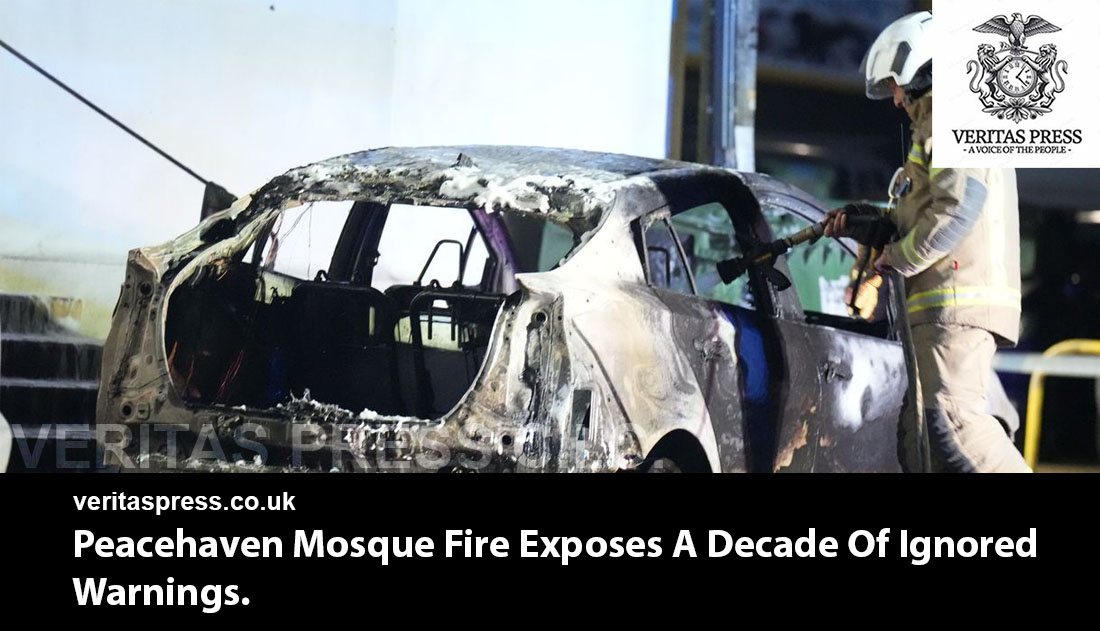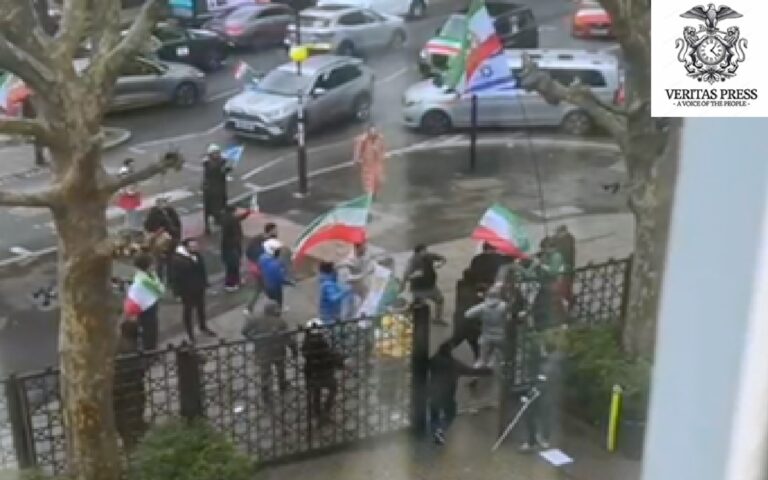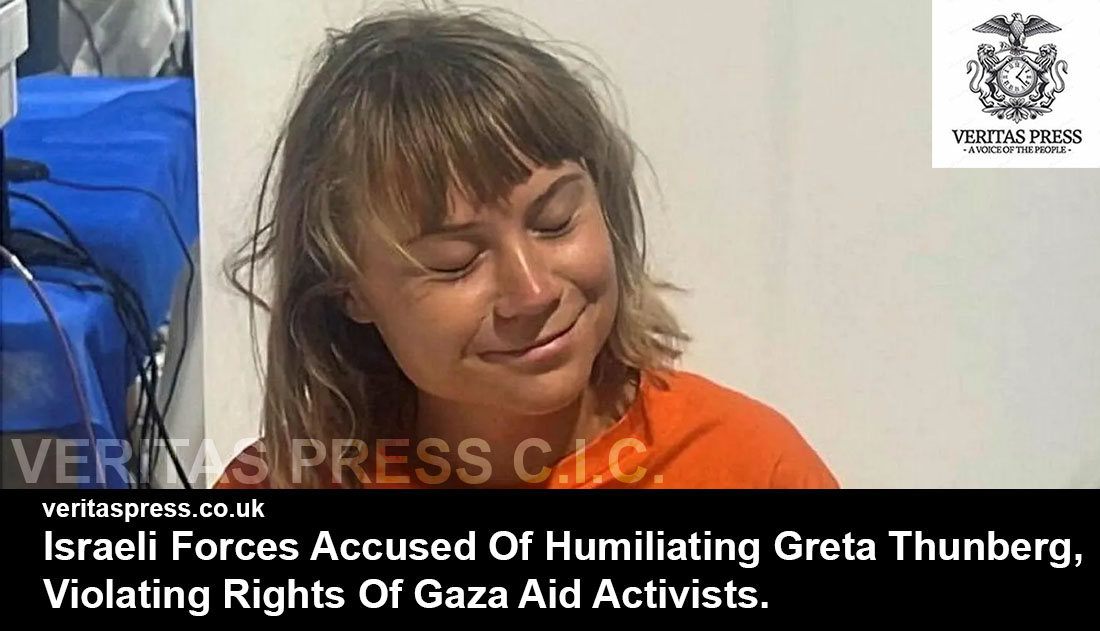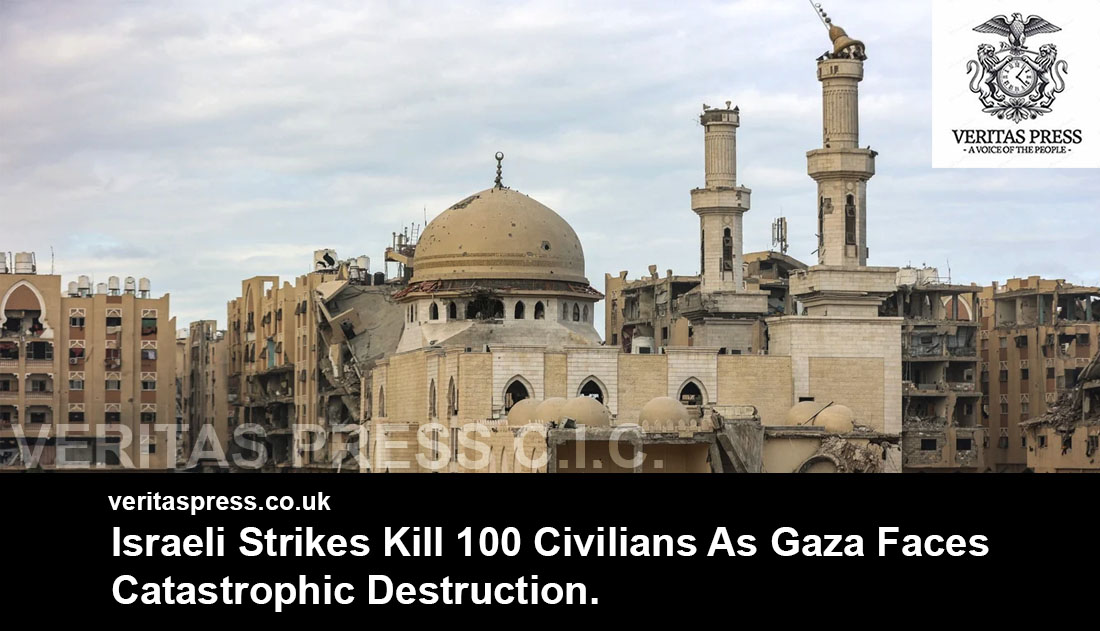Press Release: Veritas Press C.I.C.
Author: Kamran Faqir
Article Date Published: 06 Oct 2025 at 13:56 GMT
Category: UK | Islamophobia | Arson At Peacehaven Mosque
Source(s): Veritas Press C.I.C. | Multi News Agencies

Business Ads
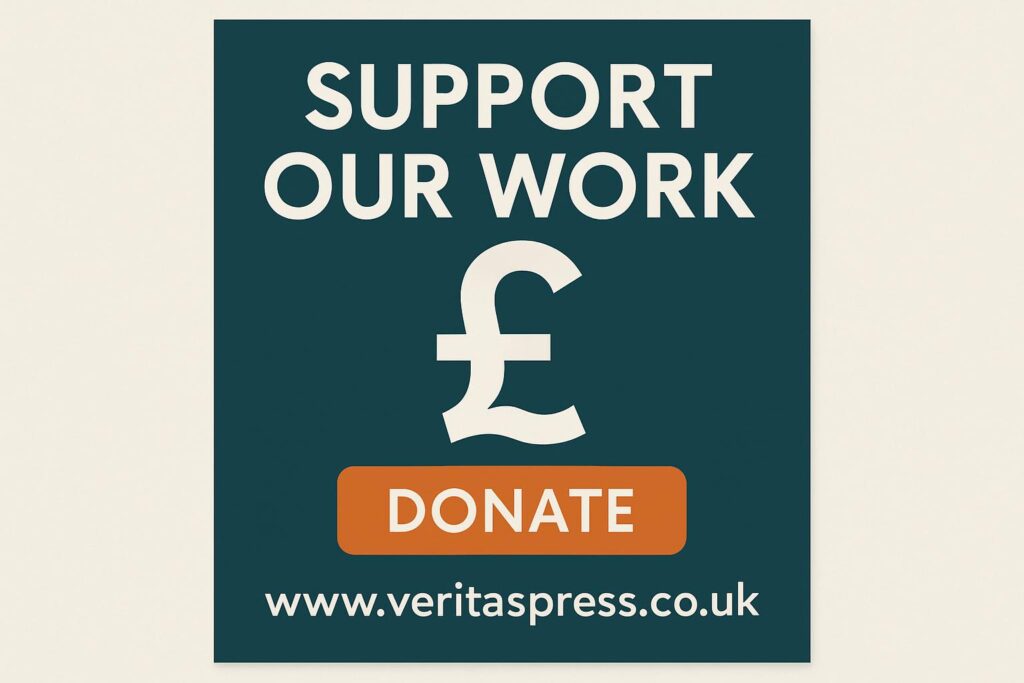

Suspected arson attack in East Sussex underscores Britain’s deepening Islamophobia and state neglect.
PEACEHAVEN, EAST SUSSEX — October 2025, Police in southern England are investigating a suspected arson attack on a mosque in the coastal town of Peacehaven, East Sussex, as a hate crime, the latest in an escalating wave of violence targeting Muslim communities and places of worship across Britain.
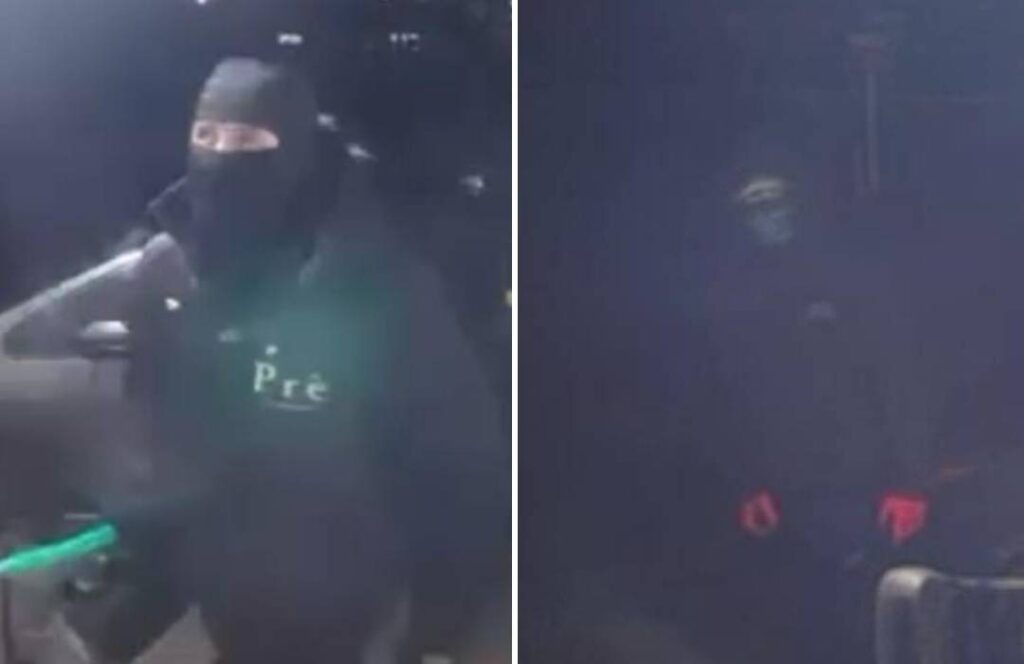
Emergency services were called to the Peacehaven Islamic Cultural Centre on Phyllis Avenue shortly before 10 p.m. on Saturday after reports of a fire. CCTV footage showed two masked individuals in dark clothing approaching the entrance, spraying accelerant, and setting it alight before fleeing. The flames spread to a nearby parked vehicle, destroying it completely. No worshippers inside were injured.
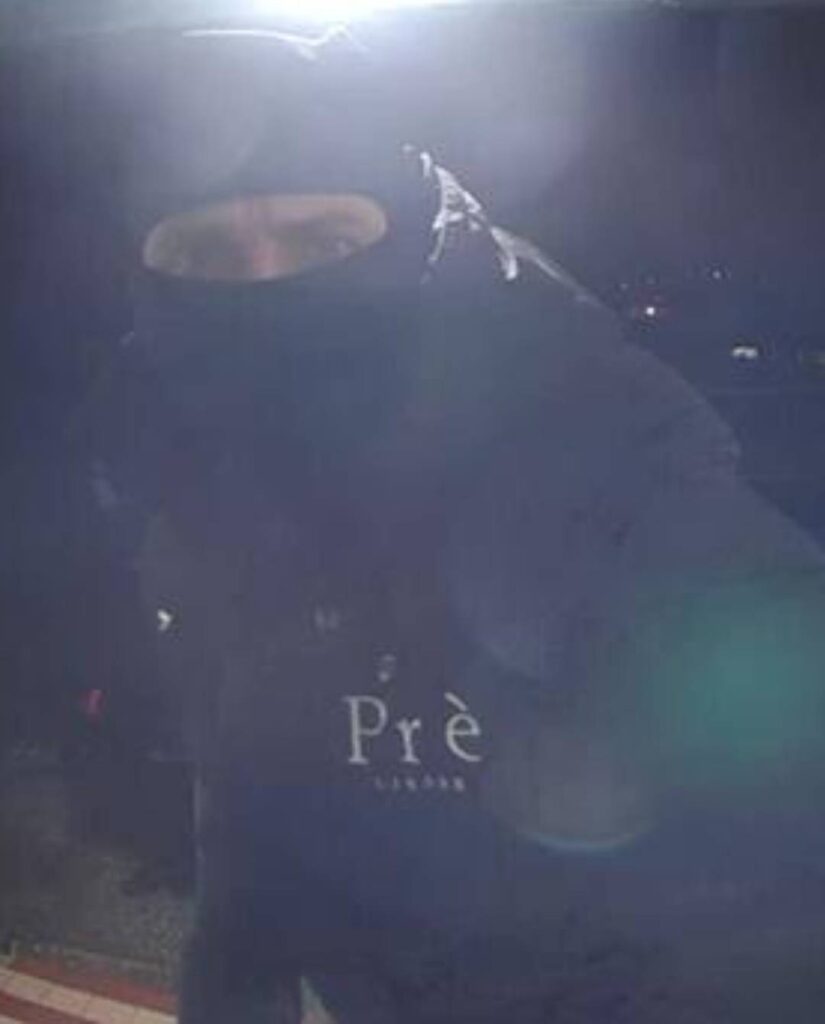
Sussex Police, who released stills from the footage, said one suspect wore a black “Pre London” jacket, and the other had bright red gloves. The case, codenamed Operation Spey, is being treated as “arson with intent to endanger life.”
“This was an appalling and reckless attack which we know will have left many people feeling less safe,” — Detective Inspector Gavin Patch, Sussex Police.
Patch urged anyone with information to come forward, stressing that “even the smallest detail” could help. Superintendent Rachel Swinney added that police had increased patrols around mosques and other faith centres “to provide reassurance and visibility,” pledging a zero-tolerance approach to hate crime.
‘We reported hostility for months’, locals speak out:
For Peacehaven’s small but active Muslim community, the fire has left deep unease. Mohammed Rahman, a community volunteer at the mosque, told reporters:
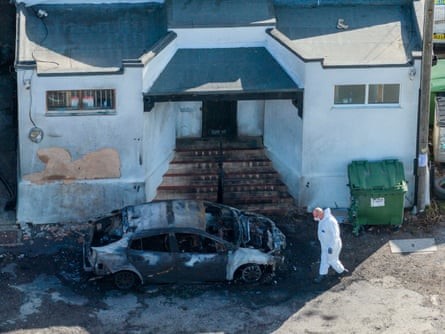
“We’ve had months of people shouting abuse, graffiti on the wall, messages online. We reported it, but were told it wasn’t serious enough. Now look where we are. They nearly killed people.”
A spokesperson for the mosque said in a statement:
“While the incident has caused damage to our building and vehicles, we are profoundly grateful that no one was injured. This hateful act does not represent our community or our town. Peacehaven has always been a place of kindness, respect, and mutual support. We ask everyone to reject division and respond to hate with unity and compassion.”
Faith and political leaders across the country condemned the attack. Chris Ward, Labour MP for Brighton Kemptown and Peacehaven, called it “disgusting” and said “it’s purely by chance there were no injuries.” Mothin Ali, Green Party co-deputy leader, urged police to “urgently determine whether this constitutes an act of terrorism.”
The Muslim Council of Britain (MCB) warned that the Peacehaven incident fits a “disturbing pattern of violence and intimidation” against Muslim institutions, following the stabbing of an imam in Hounslow and bomb threats against mosques in recent weeks.
“These incidents do not occur in a vacuum,” said Wajid Akhter, MCB Secretary-General. “They come as media and political figures escalate collective blame and deliberate misrepresentation of Muslim communities.”
The Board of Deputies of British Jews also condemned the fire, stating: “Every faith community has the right to worship free from fear. Our country is better than this.”
Government Reaction And Shabana Mahmood’s Response:
Home Secretary Shabana Mahmood described the incident as “deeply concerning”, saying she was being kept updated by law enforcement.
“Reports today of an attack on a mosque in Peacehaven are deeply concerning. I am being kept up to date by law enforcement. An investigation is ongoing, but it seems clear that things could have been far worse. At a time like this, we must stand united. This country’s greatest strength has been its ability to build one nation from many communities. Attacks against Britain’s Muslims are attacks against all Britons.” — Shabana Mahmood, [Home Secretary, via X (formerly Twitter).]
Mahmood’s remarks were welcomed for their solidarity but criticised by activists for lacking urgency. In contrast, her swift response following the Manchester synagogue attack, when she labelled certain pro-Palestine protests “fundamentally un-British”, highlighted, according to critics, the disparity in political tone when Muslims are the victims rather than the perpetrators or protesters.
Iman Atta, director of anti-hate watchdog Tell MAMA, said:
“We welcome the Home Secretary’s condemnation, but what communities need is protection, not platitudes. There’s been a consistent pattern of under-prioritisation when the victims are Muslim.”
A Decade Ignored, Timeline Of Islamophobic Attacks:
| Year / Period | Incident | Community Response & Institutional Failures |
| 2013–2014 | Rise in far-right harassment following Woolwich attack. | Early warnings of mosque threats were dismissed as “isolated.” |
| 2017 (June 19) | Finsbury Park mosque van attack kills one, injures 12. | Treated as terrorism, a rare case of parity in classification. |
| 2018–2019 | Vandalism and firebomb threats at mosques in London, Manchester, and Glasgow. | Many cases were closed without arrests or national review. |
| 2020–2021 | COVID-era mosque vandalism, including smashed windows and graffiti. | Police cited “resource strain”; no national investigation. |
| 2022 (Oct) | Petrol bomb threats at mosques in Birmingham and Blackburn. | Communities say warnings are ignored despite credible threats. |
| 2023–2024 | Post–Gaza war surge: Tell MAMA records 4,971 anti-Muslim incidents (up 165%). | Government cuts Tell MAMA’s funding instead of expanding protection. |
| 2025 (Jan–Sept) | Mosque fires in Reading, Banbury, and Peacehaven. | Muslim groups describe it as “a coordinated pattern of escalation.” |
A Pattern Of Neglect, And A Political Double Standard:
Despite repeated attacks, the UK government has failed to adopt a national strategy to combat Islamophobia. The Tell MAMA 2025 report documented a record 6,313 verified incidents, a 73% rise in assaults and harassment over the previous year, the highest since records began.
Yet, instead of reinforcing community safety, the government withdrew Tell MAMA’s funding in early 2025.
“We’ve lost the only national mechanism that systematically tracks Islamophobic violence,” said Wajid Akhter of the MCB. “That is not negligence, it’s abandonment.”
Security analyst Dr. Azeem Ibrahim adds:
“The UK has two policing paradigms: one where hate crimes against Muslims are met with PR statements, and another where attacks on others trigger full counterterror operations. The double standard is institutional.”
Conclusion: A Fire That Reveals More Than Flames.
The Peacehaven arson did not emerge from a void. It is the latest in a wave of racist attacks against Muslims, the cumulative product of a decade in which police, media, and government have repeatedly failed to confront the architecture of Islamophobia embedded in British public life.
Despite repeated warnings, Muslim communities remain unprotected, their safety contingent on luck and headlines.
And since the Manchester synagogue attack, the contrast is unmistakable: when Muslims are victims, political empathy slows, and terrorism classifications soften. When Muslims are accused, urgency multiplies. The prioritisation is obvious; the stance, duplicitous.
The Home Secretary’s words of unity may sound noble, but without a national protection strategy, funding restoration for monitoring bodies, and equal classification of hate-based violence, they ring hollow.
As one Peacehaven resident said, standing before the charred mosque doors:
“They tell us to stay calm, to trust the system. But for years, that same system has left our doors unlocked, and our lives on fire.”
The Peacehaven mosque fire is far more than an isolated hate crime; it is a mirror reflecting the moral and institutional failures of modern Britain. It exposes a society where the boundaries between tolerance, prejudice, and state complicity are not defined by law or principle, but by selective attention, by whose suffering commands urgency and whose is met with inertia. This fire, like countless attacks before it, reveals a system that measures protection, accountability, and empathy not by the severity of the crime, but by the identity of the victims. It is a stark reminder that national conscience is not proven in statements of solidarity, but in concrete action to shield the most vulnerable, and in the willingness to confront hate before it escalates to destruction and death.
The Peacehaven mosque fire is a clarion call to the government and society at large: true security and unity cannot be forged through fear, exclusion, or selective protection. Britain must reject the politics of division and the creeping normalisation of hate, and instead commit to building communities on the principles of respect, inclusion, and equal protection under the law. Words of condemnation, however heartfelt, are insufficient; the state must act decisively to prevent violence before it strikes, safeguard vulnerable communities, and hold perpetrators accountable. Only by uniting communities through justice and inclusion, not through coercion, intimidation, or political expediency, can Britain claim to embody the tolerance it so often proclaims. The Peacehaven fire is not just a tragedy for one town or one faith; it is a test of the nation’s conscience, and a demand that all Britons be defended equally, without hierarchy or prejudice.








